In the intricate web of human psychology, one question haunts us: how parents create narcissistic children? Are they mere innocent bystanders, or do their actions hold the key to unlocking this personality? Let’s explore.
It’s a dilemma we’ve all faced: encountering that one infuriating narcissist, be it at work, in social circles, or even within our own homes.
Ever wondered how they became that way? What parenting style leads to narcissistic children?
Let’s delve into the secrets of upbringing, researchers have embarked on an unprecedented journey, studying 565 children aged 7 to 11 and their parents.
Related: Toxic Children: 4 Signs and How To Deal
Let’s Learn How Parents Create Narcissistic Children
New research exposes what parents of narcissistic children do differently – a shocking link between how you raise your kids and their chances of becoming narcissistic adults.
Let’s learn what parenting style leads to narcissistic children:
Did you know that showering your children with unwarranted praise and constantly reinforcing their superiority can lead to a lifetime of entitlement and self-obsession which in turn helps in raising narcissistic children.
In a game-changing study published in the Proceedings of the National Academy of Sciences, researchers Brad Bushman and Eddie Brummelman have unraveled the dark secrets behind narcissism.
They discovered that when parents go overboard with special treatment, their children soak it all up, internalizing these messages and laying the foundation for toxic narcissistic tendencies.
But wait, there’s hope! The study also highlights a way to raise confident individuals without feeding their egos. Instead of inflating their self-worth, show genuine affection and appreciation. This approach cultivates healthy self-esteem, grounded in real admiration for their unique qualities.
Related: How Toxic Mothers Are Created: Understanding The Journey To Abusive Motherhood
Forget old theories about cold-hearted parents—this is all about teaching through love and setting the right example.
Narcissists aren’t as invincible as they think. In fact, they face a higher risk of depression, anxiety, and substance abuse. Talk about a wake-up call! Building a solid sense of self-worth, without the narcissistic baggage, leads to happier, healthier individuals who thrive without resorting to aggression or violence.
Parents, you hold the power to shape your children’s psychological development. By creating an environment of genuine love, appreciation, and humility, you can nurture a strong sense of self-worth without fueling narcissistic traits.
Loving and appreciating your children without making them feel superior can build their self-esteem, while the opposite can breed narcissism. Researchers have found that by the age of 7 or 8, children are highly influenced by their parents’ actions and words.
However, it’s important to note that parental overvaluation isn’t the sole cause of narcissism. Genetic factors and early temperament also play a role.
Harvard psychologist Richard Weissbourd and the Making Caring Common Project have provided recommendations for raising caring and responsible adults. This is crucial because narcissism has been on the rise among Western youth, and it can have harmful effects.
By finding a balance, we can help prevent the development of narcissistic traits and foster healthy self-esteem in children.
So, parents, are you ready to rewrite the rulebook and raise confident, humble superstars? It’s time to embrace this new knowledge and revolutionize the way we nurture our children.
Together, we can create a world filled with healthier, happier individuals who shine without overshadowing others.
Want to know more about the question “do parents create narcissists?” Check this video out below!
Related: How A Child Becomes Narcissistic: What Type of Parenting Leads Children To Grow Up With NPD?
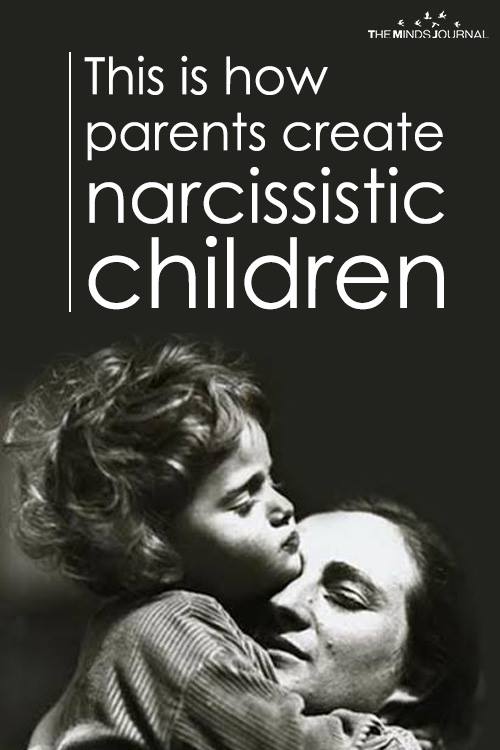
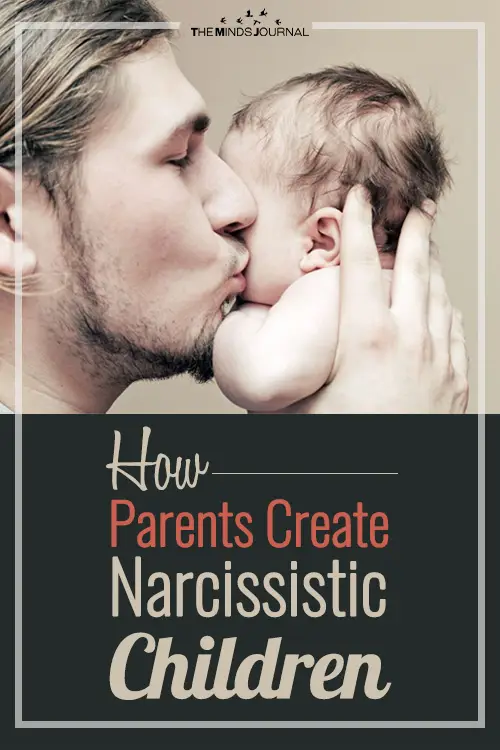
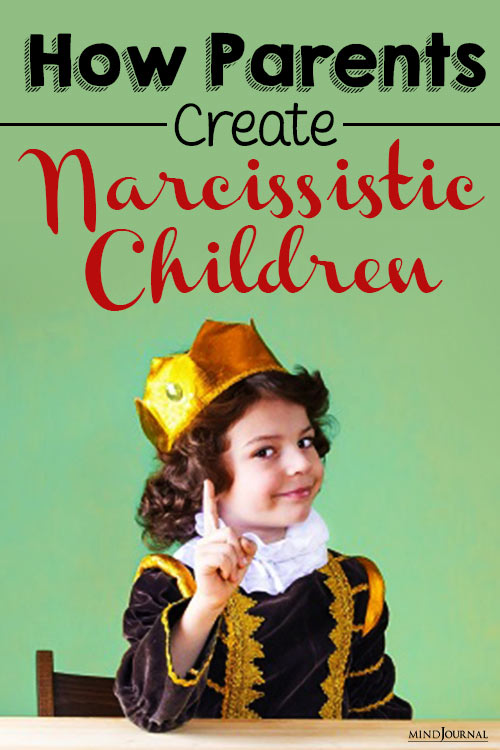
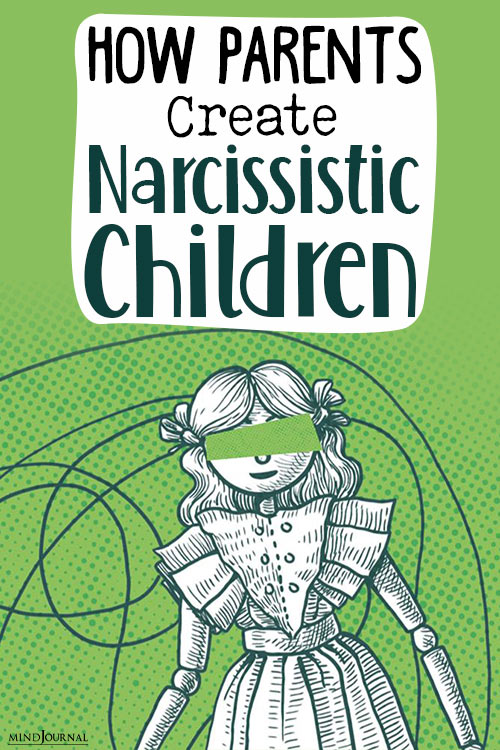
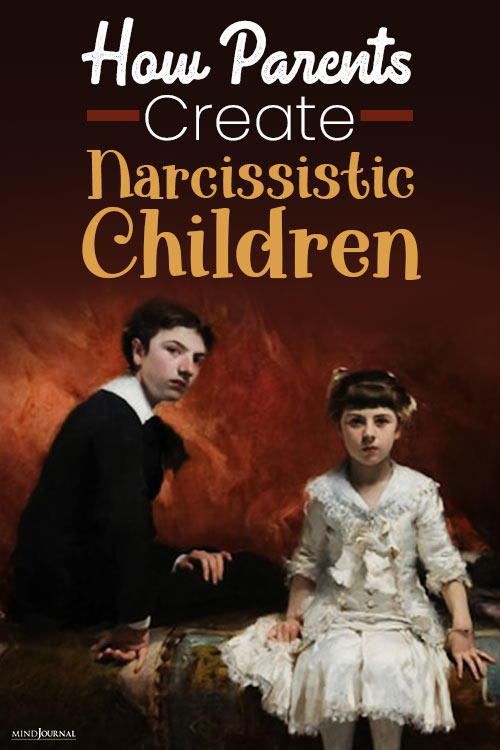
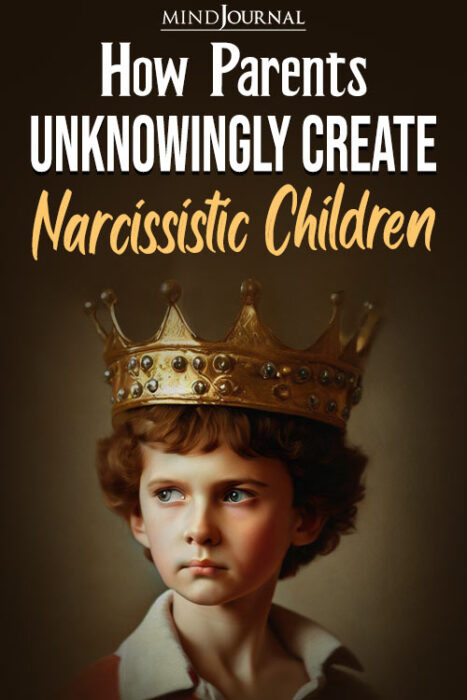
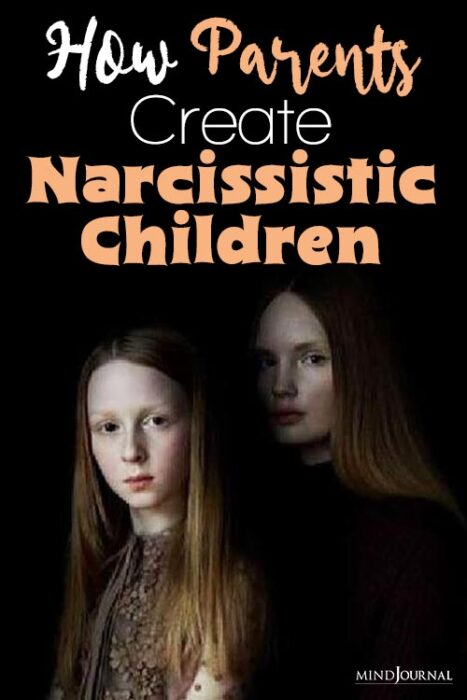
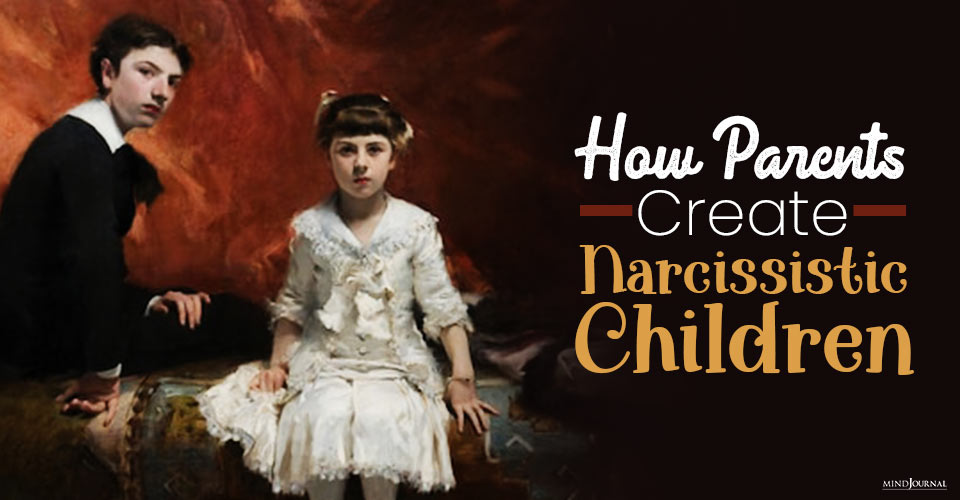







Leave a Reply
You must be logged in to post a comment.